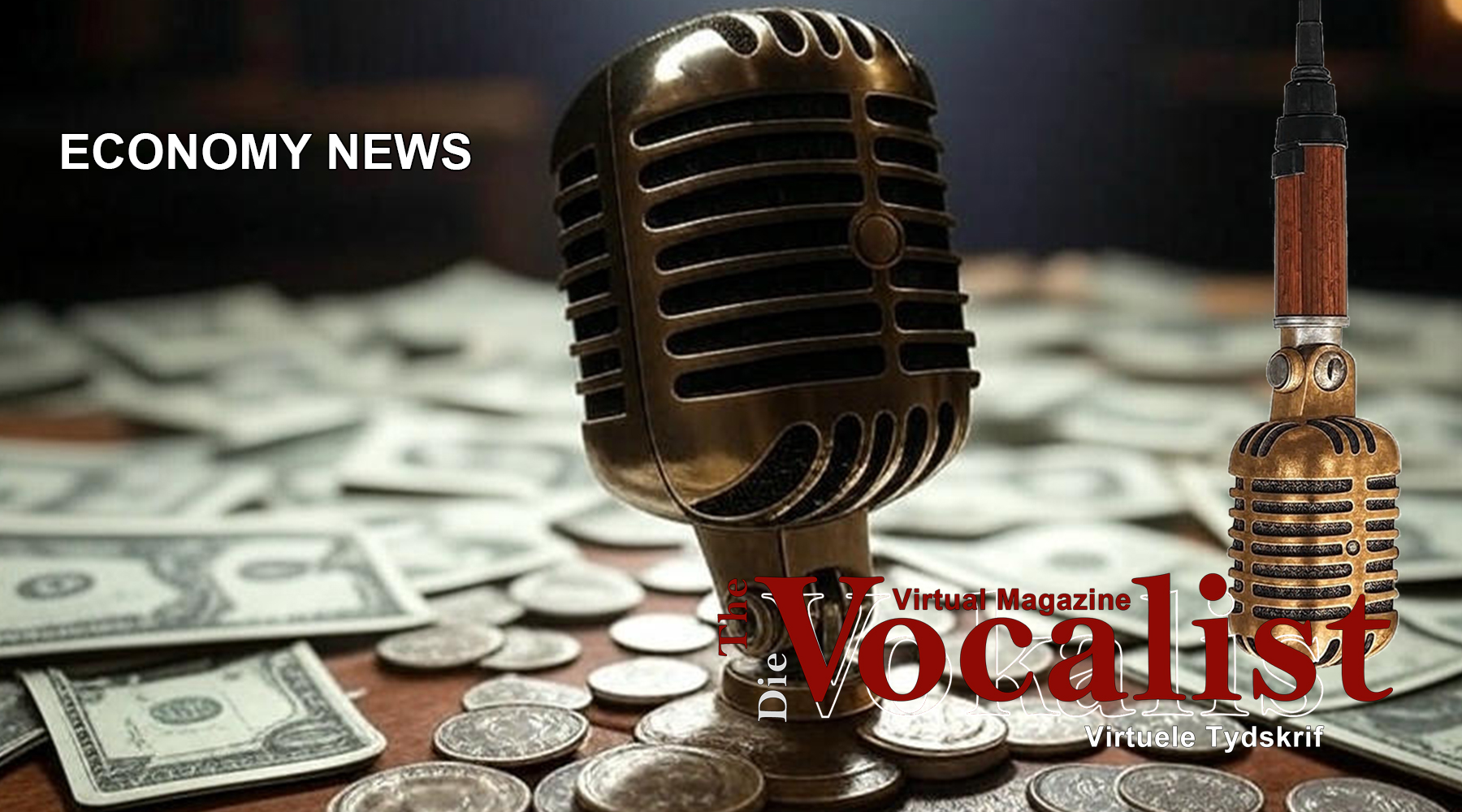Introduction
In a landmark victory for South African musicians, the South African Music Performance Rights Association (SAMPRA) secured a major legal win against the South African Broadcasting Corporation (SABC) in March 2025, resolving a long-standing dispute over unpaid royalties. The settlement, valued at over R50 million, ensures that thousands of artists will receive compensation for the use of their music on SABC platforms. This development not only provides immediate financial relief but also sets a precedent for fair royalty practices, strengthening the economic foundation of South Africa’s music industry.
The Dispute and Resolution
The SAMPRA-SABC dispute, which began in 2018, centered on the broadcaster’s failure to pay needletime royalties—fees owed to performers and record companies for the public performance of recorded music. The SABC, South Africa’s largest media entity, argued that its financial constraints and existing agreements with other collecting societies exempted it from SAMPRA’s claims. However, SAMPRA, representing over 40,000 performers and 7,000 record companies, maintained that the SABC’s non-payment violated performers’ rights under the Copyright Act.
After years of legal battles, the March 2025 settlement marked a turning point. The SABC agreed to pay R50 million in backdated royalties, covering music aired between 2018 and 2024, and committed to ongoing royalty payments. This victory, celebrated on X as a “game-changer” for artists, ensures that musicians like Ladysmith Black Mambazo and Sho Madjozi receive their due earnings for radio and television airplay. The settlement also includes provisions for improved transparency, requiring the SABC to provide detailed usage reports to ensure accurate royalty distribution.
Economic Impact for Musicians
The financial implications of this settlement are profound. For many South African musicians, royalties are a critical income stream, particularly for those outside the mainstream. The R50 million payout will provide immediate relief to artists who have struggled with unpaid earnings, enabling them to invest in new projects, equipment, or personal expenses. For example, veteran artists like Yvonne Chaka Chaka, who rely on royalties from decades-old hits, stand to benefit significantly, as do newer acts like Sun-El Musician, whose Afro-house tracks dominate SABC airwaves.
Beyond individual artists, the settlement strengthens the music industry’s economic ecosystem. By enforcing royalty payments, SAMPRA is ensuring that performers and record companies can reinvest earnings into production, marketing, and talent development. This is particularly crucial in a country where systemic issues like unemployment (over 30%) and economic stagnation (0.8% GDP growth forecast for 2025) limit artists’ financial stability. The precedent set by this case also pressures other broadcasters and platforms to comply with royalty obligations, potentially increasing overall revenue for the industry.
Ongoing Challenges
While the settlement is a triumph, challenges persist. The SABC’s financial woes, exacerbated by mismanagement and declining ad revenue, raise concerns about its ability to sustain royalty payments. Posts on X express cautious optimism, with some users noting that the broadcaster’s history of delays could undermine the agreement’s impact. Additionally, the distribution of royalties remains a contentious issue, as SAMPRA must ensure that funds reach all eligible artists, including those in remote areas or without formal representation.
The case also highlights broader issues in South Africa’s royalty collection system. Competing collecting societies, like the Independent Music Performance Rights Association (IMPRA), have created confusion, with artists sometimes receiving payments from multiple entities or none at all. Harmonizing these systems, as suggested by industry experts, could streamline royalty distribution and maximize economic benefits for musicians.
A Brighter Future
SAMPRA’s victory against the SABC is a milestone for South African musicians, affirming their right to fair compensation in an industry historically marked by exploitation. By securing R50 million in royalties and establishing a framework for future payments, this settlement empowers artists to build sustainable careers and contribute to the creative economy. As South Africa’s music continues to resonate globally, ensuring that artists are paid fairly will be key to sustaining this cultural and economic powerhouse.
Discover more from Vocalist
Subscribe to get the latest posts sent to your email.



